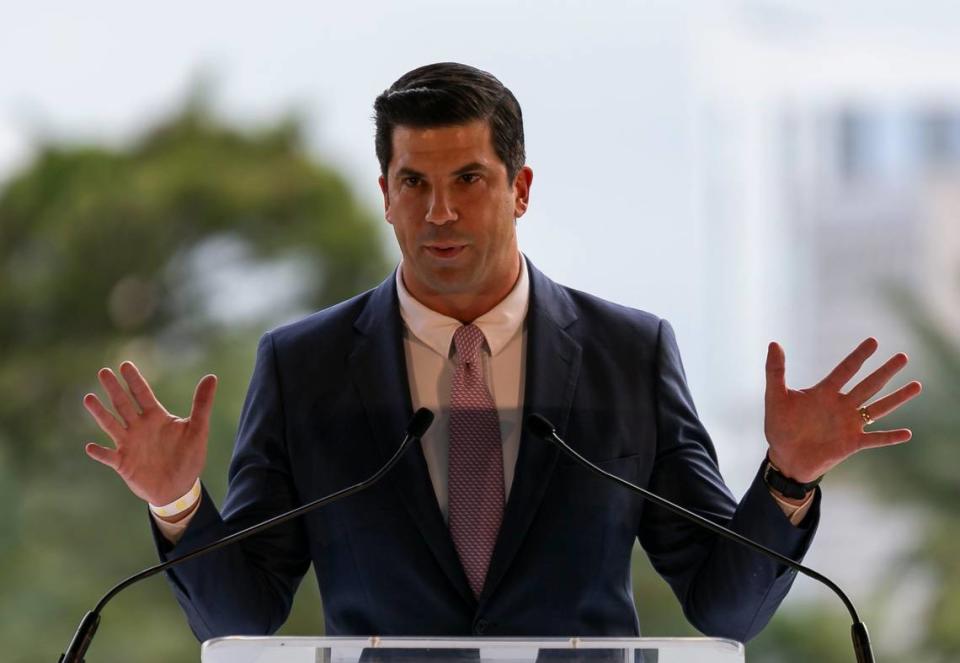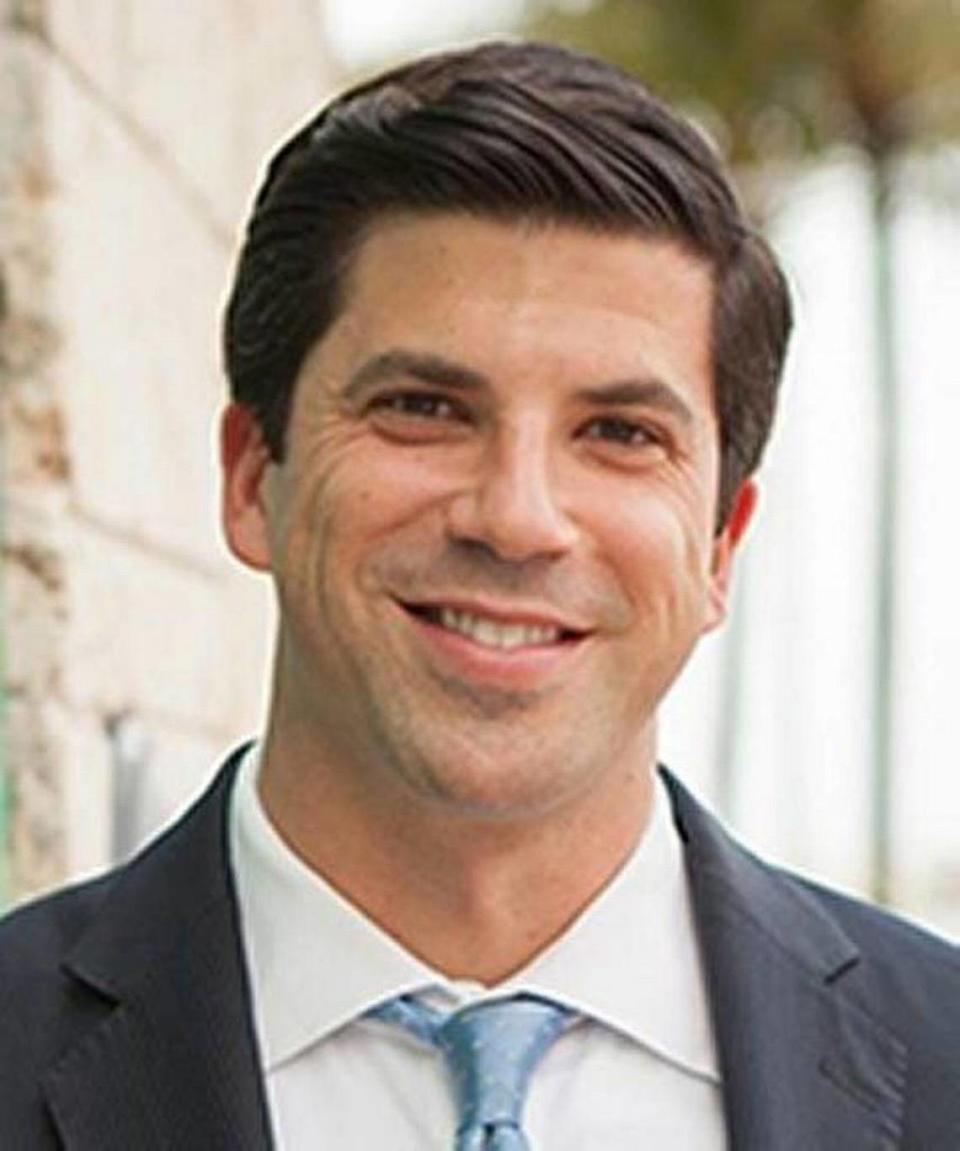Judge waffles after blocking Florida law criminalizing transport of undocumented migrants
A federal judge that temporarily blocked the enforcement across Florida of one of Gov. Ron DeSantis’ major immigration policies that criminalizes anyone who transports undocumented immigrants into the state appeared to waffle on what the scope of the ban he issued should be.
Just hours after Judge Roy K. Altman made clear that his injunction issued Wednesday was meant to apply statewide, he issued a separate order on Thursday in which he pondered whether his own ruling was too broad — sparking confusion among immigration attorneys and advocates.
“On further reflection,” Altman wrote in an order released Thursday afternoon, “we now invite further briefing on the proper scope of the injunction.” Altman invited the attorneys on the case – representing Florida Attorney General Ashley Moody and the Farmworker Association of Florida — to make arguments by June 6 about how widely the order should apply. For now, lawyers have said that the injunction continues to be enforced statewide.
Advocates and lawyers had celebrated Wednesday’s ruling, arguing that the law harms service providers who assist immigrants, mixed-status families that live in different states and seasonal farmworkers who chase crops across the country.
Read more: Judge blocks Florida law criminalizing transport of undocumented immigrants into state
The Florida Highway Patrol has arrested at least 11 people under the statute, with additional arrests likely in local jurisdictions. In one case, a Mexican national has been detained in county jail for more than six months after he was arrested on human smuggling charges for driving six other Mexican nationals in a van from Georgia into Florida.
Yesica Ramírez, general coordinator for the Farmworker Association that the group was “very grateful” with his decision, because the law had a “very negative impact” within Florida’s immigrant communities.
Explaining the flip flop
The Florida law at the center of the case has been a cornerstone of DeSantis’ immigration agenda since it went into effect last year. The law makes it harder for undocumented immigrants to live and work in Florida and hampers service providers’ ability to transport undocumented immigrants across state lines to appointments for medical and immigration services.
The Farmworker Association of Florida, an advocacy group of nearly 12,000 seasonal and migrant workers in the state, challenged the law, with help from attorneys from the American Civil Liberties Union, the Southern Poverty Law Center, Americans for Immigrant Justice and the American Immigration Council.
Altman, a Trump-appointed jurist in the Southern District of Florida, cited a legal debate over so-called universal injunctions — sweeping court orders that can halt the enforcement of a government policy — which experts say judges have used with more regularity since the Trump administration.
In his first order on Thursday, Altman had rejected Florida officials’ argument that the preliminary injunction should be limited so that it applied only to plaintiffs with standing in the case because, among other reasons, it would cause “needless” litigation on the matter. He also wrote that “courts routinely grant statewide injunctions” when plaintiffs can likely show that a state law is preempted.
In the judge’s second order on Thursday, he did not discuss the merits or legality of DeSantis’ law, rather he asked the parties to explain why the order should apply to the plaintiffs alone, South Florida or the entire state.
Altman quoted a court order issued on May 7 in a federal case in Arkansas that concluded the state cannot prevent two high school teachers from discussing critical race theory in the classroom. In that ruling, the federal judge stopped short of more broadly blocking the state from enforcing its ban on the subject matter in public schools.


